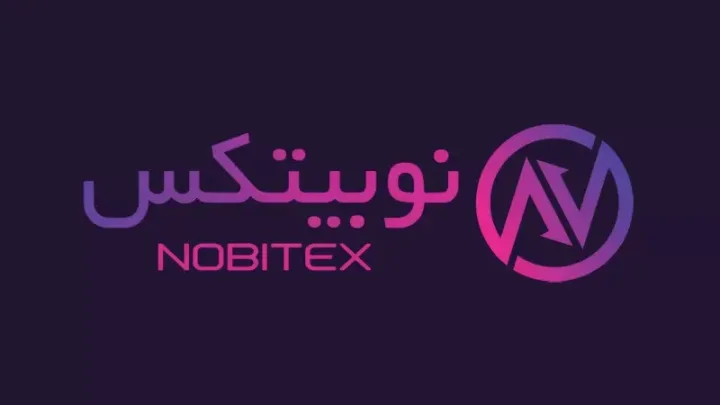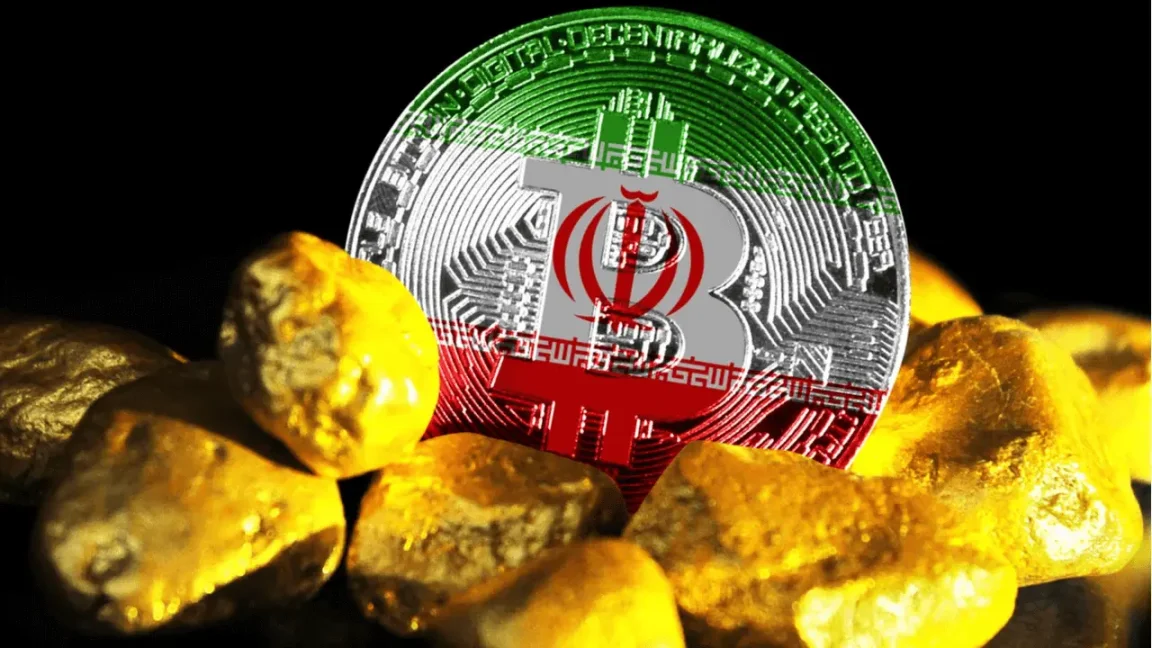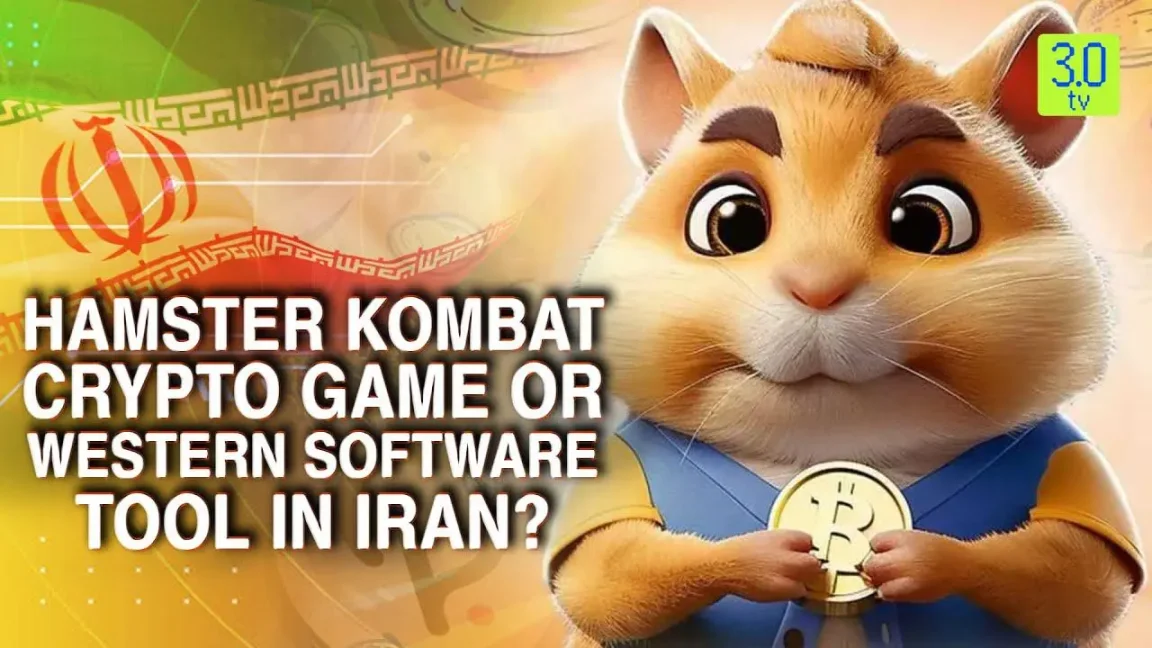Written by: Zen, PANews
The war between Iran and Israel has spread to the cryptocurrency field.
On June 18, 2025, Nobitex, Iran's largest cryptocurrency exchange, suffered a shocking cyber attack. A pro-Israel hacker group calling themselves "Predatory Sparrow" breached Nobitex's system, "devastatingly" stealing nearly $90 million in assets. The organization claimed that Nobitex assisted the Iranian government in bypassing international sanctions and funding "terrorism", and transferred the stolen funds to accounts with anti-Iran messages.
The hackers also posted a warning on X, stating: "These cyber attacks are due to Nobitex becoming an important tool for the Iranian regime to fund terrorism and violate sanctions. Cooperating with infrastructure that supports the Iranian regime's terrorism and sanction violations will put your assets at risk."
This horrifying hacking incident not only exposed Iran's massive cryptocurrency market but also made people realize that this country, the only one globally that fully implements Islamic theocratic rule, has also deeply intertwined with the cryptocurrency industry.
Motivation: Financial Channels Under Sanctions
Iran's cryptocurrency market has been developing for years, with its interest primarily stemming from economic and geopolitical pressures. Due to severe sanctions imposed by the United States and other countries, Iran's conventional financial channels are limited, and international trade and fund transfers are obstructed. In this context, cryptocurrency is viewed as an alternative means.
The Arab Peninsula News Agency analysis points out that the country's economic situation is also an important driver of market development. Iran has long faced high inflation and currency depreciation pressures, with its local currency, the rial, continuously weakening. Volatile Iranian stock markets have forced many depositors to invest in cryptocurrencies to hedge risks. For ordinary Iranian citizens, cryptocurrencies are seen as a tool for value preservation and asset diversification, especially during economic turbulence.
According to a report by blockchain security company TRM Labs, approximately $3 billion in cryptocurrencies flowed into Iranian exchanges in 2022, with Nobitex, now attacked by Israeli hackers, being the country's largest trading platform with a market share of about 87%. Other major platforms include Wallex, Excoino, Aban Tether, and Bit24. These local exchanges must obtain regulatory approval and operate in compliance with anti-money laundering (AML) and know-your-customer (KYC) regulations.

Additionally, Reuters previously reported that most domestic crypto transactions in Iran interface with international markets through Nobitex or similar exchanges. According to data from blockchain research institution Chainalysis, between 2018 and the end of 2022, Binance processed $8 billion worth of Iranian transactions, with Nobitex handling $7.8 billion. In a blog post published in 2021, Nobitex even encouraged customers to use Tron tokens for anonymous transactions to avoid "risking assets due to sanctions".
Beyond crypto assets, the Iranian government has also been positioning itself in blockchain technology development. The most representative projects are two officially supported blockchain initiatives: Kuknos and Borna. The Kuknos network was launched in 2019 by four major Iranian banks and the technology company Tosan, with its native token PayMon (PMN) used for internal settlement in the banking system. During the same period, the Iranian Central Bank collaborated with blockchain company Areatak to develop the Borna platform, based on technologies like Hyperledger Fabric, providing a blockchain support application framework for financial institutions. This indicates that Iranian officials also hope to use blockchain technology to enhance financial system efficiency and transparency.
Furthermore, Iran and Russia are reportedly planning to launch a gold-backed cross-border stablecoin for trade settlement and circumventing financial sanctions. Some reports also suggest that the Iranian Central Bank is studying the launch of its own central bank digital currency, the "Crypto Rial", and had plans to connect it with clearing systems in countries like the UAE.
Thanks to Iran's abundant energy resources, the country legally recognized cryptocurrency mining as an industry in 2018. In 2021, Iran accounted for about 4.5% of global Bitcoin computing power, producing nearly $1 billion in Bitcoin annually, used for import trade and mitigating sanction impacts. Iranian officials welcome this, implementing preferential electricity pricing policies for crypto mining sites.
However, due to the electricity grid burden from high energy subsidies and regulatory requirements for miners to surrender mined Bitcoin to the central bank, many mining sites have chosen to operate underground or circumvent regulations. The Arab Gulf Business Insights (AGBI) estimates that by 2024, Iran's share of global Bitcoin computing power had dropped to about 3.1%.
Policy: From Open to Restrictive, Implementing Crypto Transaction Curfew
The Iranian government's attitude towards cryptocurrencies has undergone multiple shifts, with its regulatory policies showing a trajectory from early openness to gradual tightening.
From 2018, Iran officially recognized digital currency mining as a legal industry to regulate the already prevalent mining operations. The government introduced measures requiring licensed miners to use efficient equipment and only allowed selling mining proceeds to the central bank at a specified price, while paying electricity fees at export electricity rates. Low electricity prices attracted overseas miners, including from China, to invest in mining in Iran.
The "Roadside Mining Pool", which briefly ranked among the top five in global computing power in 2020, was a representative example of Chinese miners seeking opportunities in Iran. PANews exclusively interviewed the pool's partners, who, engaged in Iranian maritime trade, recovered thousands of mining machines from other miners at scrap prices and established Iran's largest compliant mining site by leveraging local connections.

However, this "energy-for-currency" model quickly exacerbated electricity tensions. In May 2021, after experiencing an unprecedented summer blackout, President Hassan Rouhani announced a four-month temporary ban on all cryptocurrency mining activities until late September to alleviate grid load. Official data indicated that licensed mining sites consumed about 300 million kilowatt-hours, while unauthorized illegal mining sites consumed as high as 2 billion kilowatt-hours, severely impacting civilian electricity supply. Subsequently, during summer peak electricity periods, the government has periodically shut down some mining sites to ensure civilian electricity supply.
In terms of transaction regulation, the Iranian Central Bank had already banned individuals from trading digital currencies mined abroad domestically in 2020 to strengthen control over cryptocurrency circulation. After 2022, Iranian regulatory agencies intensified restrictions on crypto advertising and mining machine sales. In December 2024, Iranian authorities ordered a ban on promoting crypto mining machines and related training courses online and required major e-commerce platforms to remove related advertising content. In the same month, energy authorities also stated they would legally pursue illegal mining.
These measures also require compliant mining farms to operate only when electricity supply is sufficient, and electricity usage is not allowed outside of non-peak hours. It can be seen that as mining machines become more prevalent, causing electricity and safety issues, the government has implemented stricter regulations on the mining industry. By the end of 2024, regulatory focus shifted to cryptocurrency trading itself. The Central Bank of Iran introduced new regulations in December 2024, attempting to block exchange transactions between cryptocurrencies and the rial on domestic websites. In January 2025, it launched a government-designated trading interface (API), requiring all domestic exchanges to access the regulatory system through this channel for easy monitoring of user identity information and fund transfers.
In February 2025, Iranian officials even announced a ban on publishing cryptocurrency advertisements on any occasion or platform. Immediately following the Nobitex hacking incident in June, the Iranian Central Bank further strengthened control over crypto trading: according to Chainalysis, the Iranian government stipulated that domestic crypto platforms are only allowed to operate between 10 am and 8 pm daily (a so-called "crypto trading curfew") to improve regulatory efficiency and limit capital outflows. Various restrictive measures continue to emerge, which to some extent reflect the authorities' balanced considerations between promoting innovation and maintaining financial security.
Interpretation: Cryptocurrencies and Islamic Doctrine
As an Islamic Republic, Iran must consider Islamic law (Sharia) when promoting cryptocurrency development. Islamic doctrine strictly prohibits all forms of usury (Riba) and gambling (Gharar), and cryptocurrency trading, due to its high volatility and speculative nature, has been questioned by some conservative factions.
Iran's Supreme Leader Khamenei takes a relatively open attitude towards this. He clearly stated in 2021 that buying and selling cryptocurrencies must "comply with the laws and regulations of the Islamic Republic of Iran" and are not automatically considered contrary to Islamic doctrine. In other words, as long as the government allows it, digital currency transactions operated according to regulations are not "illegal". Additionally, Khamenei has called on the religious community to provide opinions on new social issues, including cryptocurrencies, to keep religious law in step with the times.
However, the opinions of different religious scholars are not entirely consistent. The famous Shia Ayatollah Makarem Shirazi takes a cautious stance. He believes that cryptocurrencies like Bitcoin have "many uncertainties", such as lack of government endorsement and easy abuse, and therefore do not meet Islamic law requirements. Some other religious leaders (like Sistani) require believers to follow more experienced legal interpretations in unclear legal situations.
Although Iranian officials do not view cryptocurrencies as explicit religious taboos, they emphasize in practice that they must be conducted within the legal permission and regulatory framework of the state, avoiding excessive speculative behavior. This stance somewhat balances the contradiction between Islamic doctrine and modern economic practice.
Under multiple economic uncertainties, crypto assets continue to attract many young Iranians and tech practitioners. CCTV analysis shows that with the development of information technology, smartphone popularity, and Iran's gradually opening external communications, the threshold for ordinary people to participate in digital currency transactions is lowering.
A typical case is the Telegram play-to-earn game "Hamster Kombat" that became popular in Iran in the summer of 2024, triggering discussions among officials. At that time, Hossein Delirian, spokesperson for Iran's National Cyberspace Center, issued a warning, stating he had read numerous discussions by Iranian users in many super groups and claimed that using games for cryptocurrency mining had become a breeding ground for hacker crimes.

This controversy also attracted religious attention, with famous Shia scholar Ayatollah Nasser Makarem Shirazi describing cryptocurrencies as the "source of many drawbacks" and urging people to avoid games involving Bitcoin like Hamster Kombat.
Participating in the crypto market also comes with risks. The Arabian Peninsula report points out that Iran's low level of crypto knowledge sets traps for criminals: fraud cases are rampant, and many investors suffer huge losses due to blind following. Anonymous transactions in the black market also pose challenges for regulation. Combined with market volatility and lack of mature legal protection, some Iranian families maintain a cautious or wait-and-see attitude towards such assets.
Overall, although cryptocurrencies are gradually being more widely accepted in Iran, discussions about their legality, safety, and morality continue. Now, under the background of the Iranian government's massive network blocking and speed limitation, with network interruptions in multiple regions, for ordinary people, the development prospects of the crypto market might no longer matter compared to the real difficulties of war and national survival.







